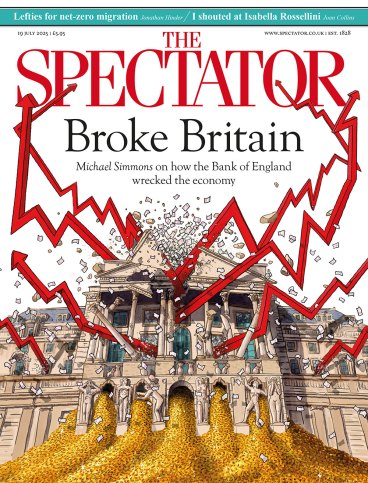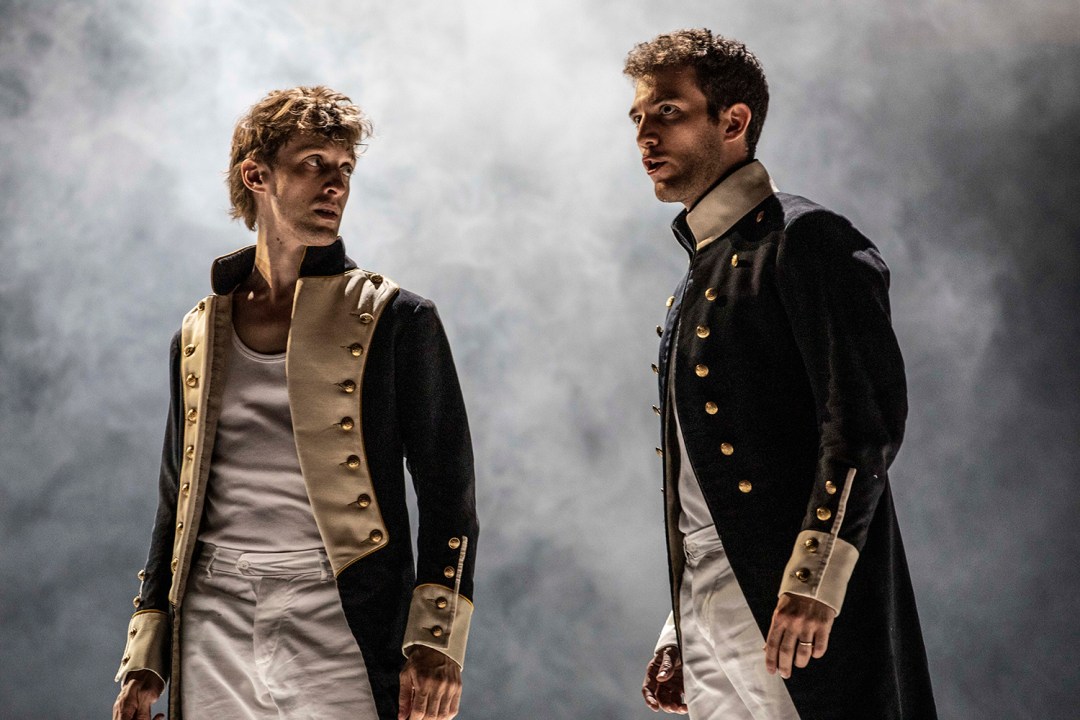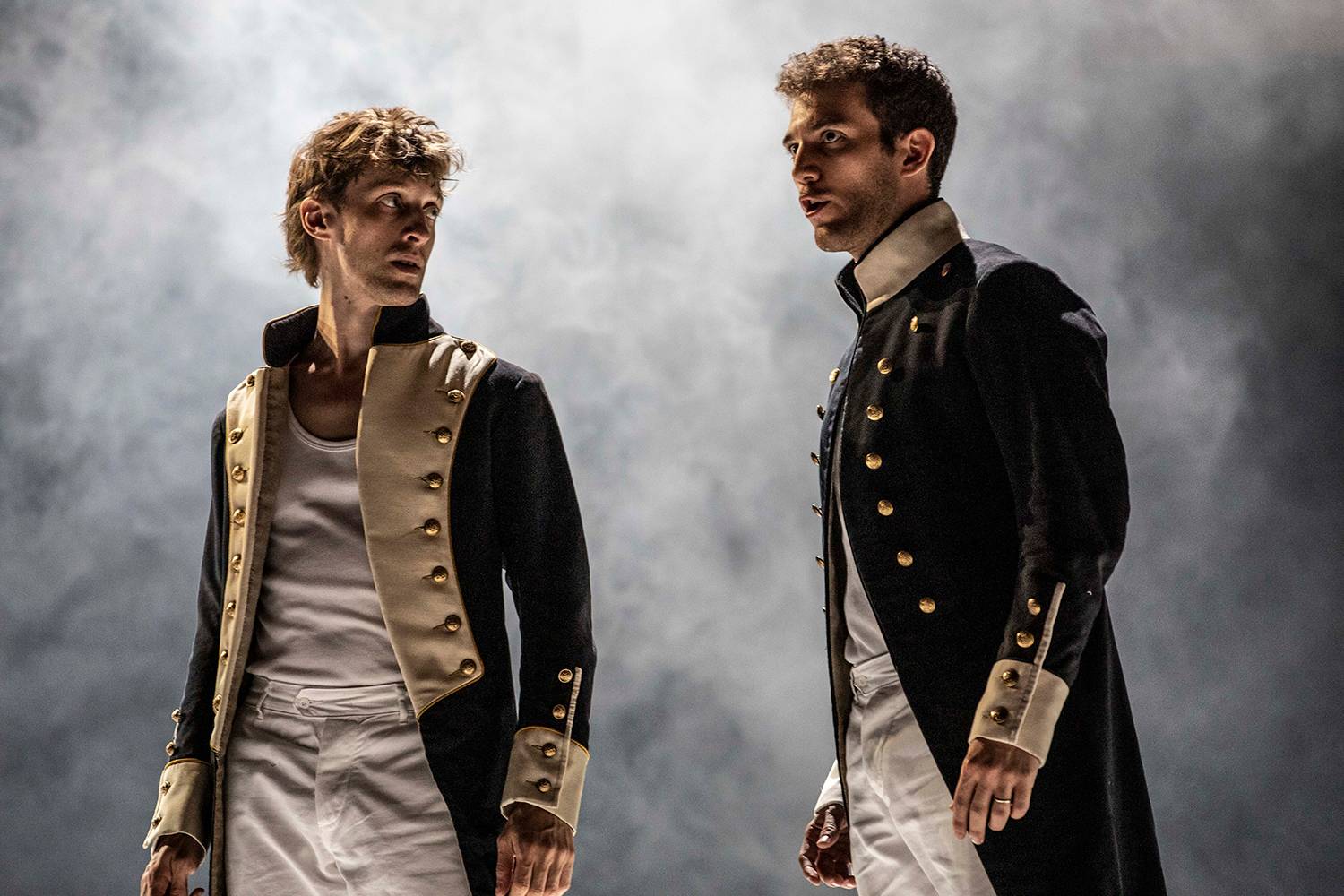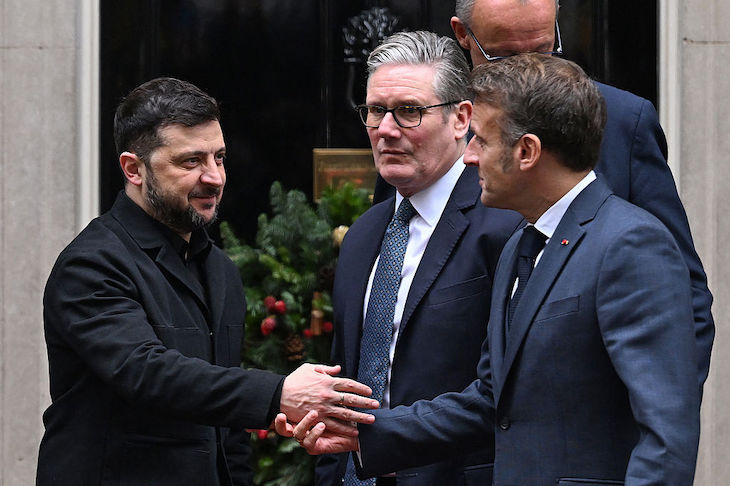
On the continent this summer, new operas from two of Britain’s most important composers.
Oliver Leith likes guns, animals and dissolving sickly sweet sounds in acid baths of microtonality. In one recent orchestral work, the conductor becomes a pistol-wielding madman; his next, Garland, a vast pageant premiering on 18 September at Bold Tendencies, Peckham, sees a horse become a musician. He’s 35 and already has a school. Listen out for it – in the London new-music scene you can’t move for Leithians. The telltale sign is the sound of twisting metal: shiny pitches that warp and bend until brittle.
He’s English but in an outsidery way – jokey, gentle, sad, eccentric. The opposite of arch, insidery Benjamin Britten. But opposites attract and Aix’s artistic director Pierre Audi – in one of his last creative decisions before his death in May – made a smart move to commission Leith to adapt Britten’s seafaring epic Billy Budd.
What we get is a startling inversion of the original opera. Where Britten goes XXL, giving himself the biggest canvas he can (70-strong cast, 70-odd-piece orchestra), Leith restricts himself to a postage stamp of sonic possibility (six singers, four musicians all playing keyboards or percussion). Where Britten ushers in gale-force threat, Leith is still and withdrawn, like a tide that’s suddenly gone out. Where Britten is precise, Leith is carefully careless. (Some of the most striking musical drama blooms from simple walls of ill-behaved whistling or the subtle chaos of a thundersheet, slowly stroked.)
In other words where Britten offers a proper operatic man-of-war – oaky, brutish, immaculately rigged – Leith presents a wispy ghost ship, almost digital in its evanescence, a 16-bit HMS Indomitable, pixelated and threadbare, bobbing along in dense mist, its harmonic sails in tatters.
Out go the thick slashes of darkness; in come pure neons. Every tinkly, glisteny metal thing a percussionist could possibly get their hands on is here. It’s the kind of palette you might put together if you were scoring the Teletubbies, not a Napoleonic-era tragedy of the high seas. It should be stupid as hell. It somehow isn’t. There’s a hallucinatory quality to the bright chimes and cloudy throbbing synths that speaks beautifully to the confused morals and heightened desires of this delirious, unhappy crew.
Like Leith, director Ted Huffman takes the opera to places Britten never dared. Though it was in effect Britten’s coming-out opera – Beecham had nicknamed it ‘Twilight of the Sods’ – the gay element was sublimated in a way that could offer the composer plausible deniability. Huffman cuts to the chase and makes it explicit. It’s a sign of how right the move is that when a kiss comes between Budd and the sailor who will soon betray him it feels inevitable, swept up as it is in a moment of real musical ecstasy.
A master of old-school ensemble theatre in the Peter Brook mould, Huffman moves things along economically and expertly. (He’s also shaved 45 minutes off the original and you barely notice.) The cast are excellent (Joshua Bloom’s hypnotic Claggart, the standout), the musicians heroic in juggling bits of acting and singing with their multifarious musical demands.
More characters all at sea in Rebecca Saunders’s first opera Lash – Acts of Love. And at the Deutsche Oper Berlin première, conducted by Saunders’s partner Enno Poppe, you could really feel it.
We open in freefall: vast liquid glissandi behaving like monstrous water chutes sliding the music straight into strange electronic static. K (and N, S, A – they’re all one person) is on the threshold of death. She struggles to speak, then vomits up a parade of putrefied memories about hair and skin and sex. The words, derived from an original text by artist and author Ed Atkins, are a plotless tour de force, ‘violent, emetic, immoderate, improper, impure’, as Jonathan Meades wrote of Atkins’s extraordinary novel Old Food.
In Act Two body parts and love and longing are each addressed in a messed up memento mori. Transcendence sweeps in, through rapturous, convulsive duets, trios and quartets that entangle the four selves. It’s Bosch-like, a danse macabre, funny and vulgar, and the directors at Dead Centre might have had far more fun with it had Saunders – in a rare misstep – not dictated so much of what happens on stage, including instructions for live videography. (Theatres, I beg you: put your cameras away.)
No matter. Saunders’s music is so full of expressive force, the text can afford to forgo story, the stage all visual interest. As in so many great operas, the score contains the drama.
And here Saunders proves that she is not only the great genius of dramatic momentum, of subduction and eruption – her soundworld sits on thrillingly volatile faultlines – but also an intuitively lyrical composer. She even gives the four corpses a ravishing final a capella.
If you don’t like to be swallowed up or spat out, it may not be the opera for you. But for the rest of us, what an auspicious operatic debut this was.








Comments